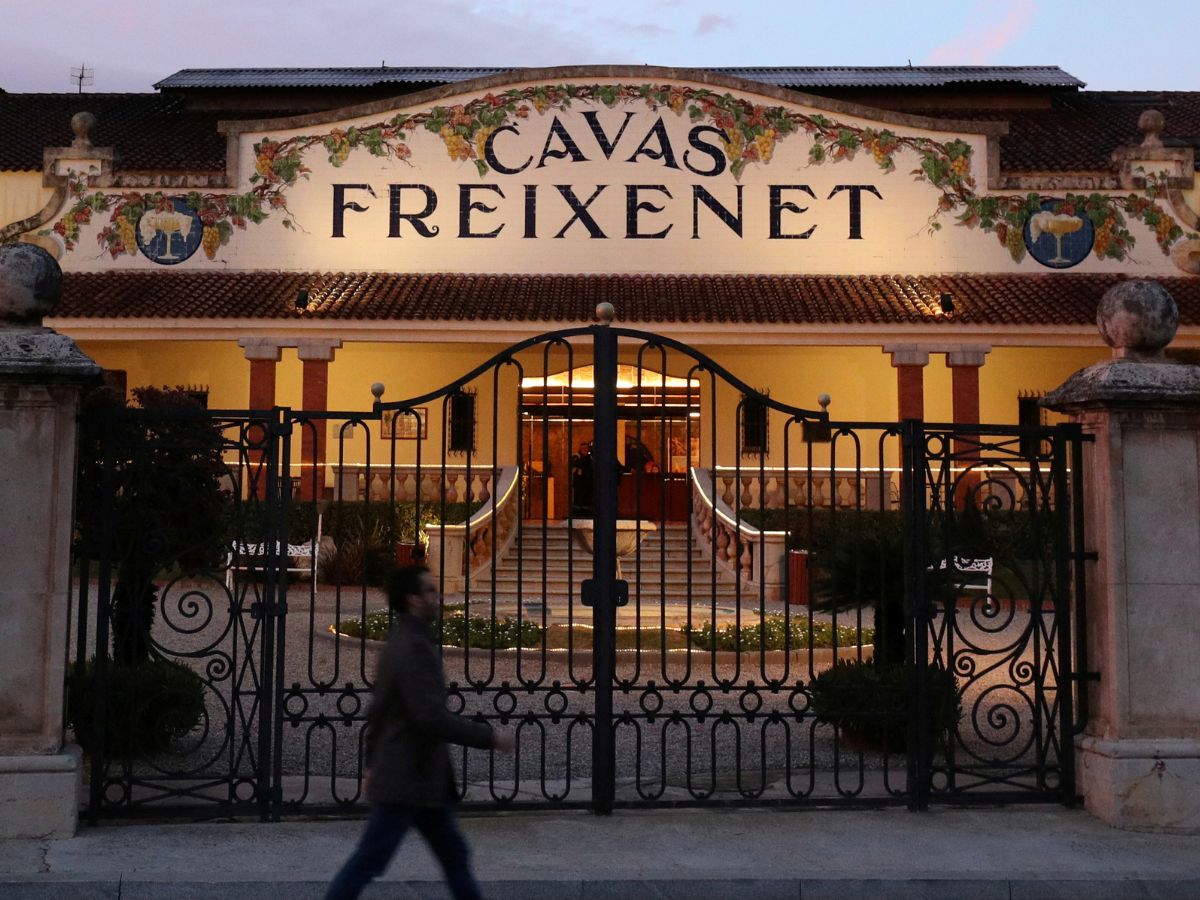US President Joe Biden signs the Birth Act

The Renacer Act is already in effect. On Wednesday, the President of the United States, Joe Biden, signed the text of the legislative initiative, by which the US administration adds another tool to Tougher penalties against officials in the regime of Daniel Ortega and Rosario Murillo. In addition, you will be able to review Nicaragua’s participation in the US-Dominican Republic and Central American Free Trade Agreement (DR-Cafta).
In a press release, the White House explained that the Renacer Act “imposes sanctions on the government of Nicaraguan President Daniel Ortega” and will “restrict multilateral bank loans and attack the corruption of the system.”
The legislation — the Reforming Nicaragua Compliance Act (Renacer) — was approved last week in the US Congress, with support from Democrats and Republicans, with 387 votes in favour, 35 against, and four abstentions. The text has already been approved by the US Senate, Where the majority accepted it last August.
The initiative was presented at the end of last March in a bipartisan manner in the Senate. The bill was led in the Senate by Democratic Senator Bob Menendez, chair of the Committee on Foreign Relations. In the House of Representatives, this proposal was promoted by Democratic Congressman Albio Ceres.
After the electoral “mummy”
Biden’s signing comes three days after Nicaragua’s elections, in which Ortega and Murillo secured more than five-year terms as president and vice president, respectively. The majority of the international community refused to re-elect both.
The President of the United States described the vote as “neither free nor fair,” while declaring that his government would use all economic and diplomatic tools, in coordination with other members of the international community, to hold the regime accountable for its actions.
In a statement about him The “mock elections” of the Central American country, Biden denounced Ortega and Murillo as tyrants who rule the country in a style not unlike that used by the Somoza family, whom the same Sandinista ruler helped overthrow 40 years ago, when he was a guerrilla fighter.
“The arbitrary imprisonment of nearly 40 opposition figures since May, including seven potential presidential candidates, and the ban on the participation of political parties rigged the outcome well before Election Day. They have shut down independent media, imprisoned journalists and members of the private sector, and intimidated civil society organizations to close its doors,” Biden said.
The Renacer Act expands the grounds for penalties
Renacer’s law specifically states this Will be subject to economic sanctions “foreign persons who directly or indirectly obstruct Create the necessary conditions for free, fair and transparent elections in Nicaragua.”
The text separates that Possible sanctions include government officials and Ortega’s relatives; Members of the National Police, the National Armyand the Supreme Council of Elections. As well as “party members and elected officials of the Sandinista National Liberation Front and their families”.
It also mentions “persons or corporate entities involved in corrupt financial dealings with officials of President Daniel Ortega’s government, party or family.”
In addition, he is ordering the Biden administration to conduct “diplomatic negotiations” with the governments of Canada, the European Union, and Latin American and Caribbean countries to “selectively impose sanctions” against citizens who obstruct Nicaragua’s elections.
Between 2019 and 2021, Canada, the European Union, the United Kingdom and Switzerland followed in the US’s lead, imposing sanctions on some regime officials accused of corruption and human rights abuses.
Financial institutions and Russia
The Renacer Act also extends the supervision of loans and aid granted by international financial institutions – the World Bank, the Inter-American Development Bank (IDB) and the International Monetary Fund (IMF) – to Nicaragua. This aspect was already considered in the Nica Act, signed in December 2018 by then-President Donald Trump.
The legislation provides for “to take all possible measures to increase scrutiny of any loan or financial or technical assistance made to a project in Nicaragua, to ensure that the loan or assistance is used for its intended purpose.”
The text makes it clear that any comment should not affect projects related to “the basic human needs of the Nicaraguan people”.
The law also requires the State Department to prepare intelligence reports on the influence and activities of the Russian government in Nicaragua.
These reports should contain details of the military cooperation between Russia and Nicaragua; Russian intelligence services, security forces and private security contractors; Telecommunication and satellite navigation. As well as “the threats and risks posed by such activities to the national interests and security of the United States,” according to the approved text.
DR-Cafta Review
The Renacer Act also recommends that the Biden government “review Nicaragua’s ongoing participation” in the DR-Cafta trade agreement.
Exiting the trade agreement would cost Nicaragua about $1.5 billion in exports, only from the textile sector. Businessmen and economists consulted trusted They assert that this will also affect employment, tax collection and contributions to the Nicaraguan Institute of Social Security (INSS).
The DR-Cafta – which came into effect in Nicaragua on April 1, 2006 – represents a great opportunity for the country. Nicaragua went from exports to the United States, $228.4 million, in 2006, to $1402.1 million, in 2020.

“Coffee fanatic. Gamer. Award-winning zombie lover. Student. Hardcore internet advocate. Twitter guru. Subtly charming bacon nerd. Thinker.”











